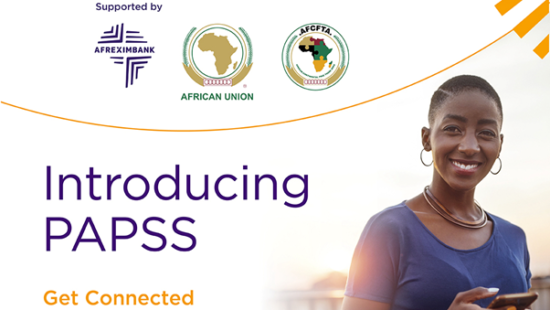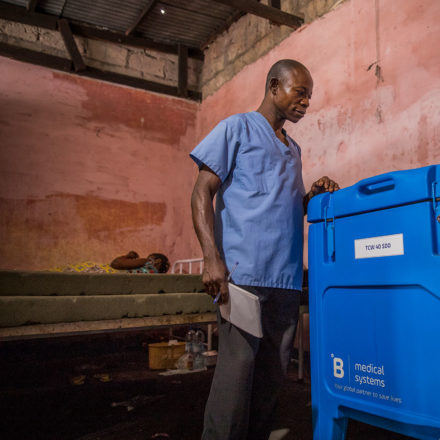
Satellites are a strong economy. The proof in numbers. They are provided by Doctor Tidiane Ouattara, who represented the African Union Commission at the space dialogue opened on October 25 in Dakar.
“The African space industry is estimated to be worth nearly $20 billion in 2022 and employs more than 18,000 people. In 2023, around 45 satellites will have been launched by African states, out of a target of more than 160,” he said. A market and real dynamics, both in Africa and in the world. According to Senegalese Prime Minister Amadou Bâ who chaired the meeting, “the financial resources generated by the space sector in 2022 are estimated at $424 billion”.
According to other information, more than 81 space application projects are currently being implemented across the continent in the fields of earth observation and satellite communications, 221 space and naval enterprises in 31 countries are using the technologies earth observation. In this dynamic, a country like Rwanda has already made significant progress with the launch of Icyerekezo, a global satellite.
An infrastructure supported by the design of programs consisting of training students in space technologies. For Rwanda's Minister of ICT and Innovation, Paula Ingabire, the choice to invest in space technologies is part of the desire to reduce the digital divide by providing equal opportunities to rural and isolated communities.
Senegal plans to launch a lunar probe by 2030

Space Studies Agency Senegal does not set limits in the space economy. According to Maram Kaïré, director of the Senegalese space studies agency (Ases), the country is even working to launch a lunar probe. According to him, 70% of the space economy must be in value-added services.
Moreover, he says, Senegal will position itself in this niche by setting up a hybrid ecosystem between digital and space to make businesses work. “We plan to make a lunar probe by 2030. This is what makes it possible to draw the full potential of the economy behind the satellite. India did it, why not us,” he says. According to him, a few years ago, satellites were a matter for developed countries. “We can’t just keep satellites orbiting the Earth. We need to give ourselves more distant challenges. This is what makes it possible to develop an entire space industry with startups who will work around it, all to develop the space economy,” he indicated.
52 African satellites placed in orbit in 2022
It seems that African countries have become aware of the opportunities offered by satellites. In 2022, 52 satellites were placed in orbit. South Africa with 12 satellites leads the pack. Tracking Egypt with 10 satellites. Algeria 6, like Nigeria are ahead of Morocco 3 and Ethiopia 2.

What added value for African economies? For Sékou Ouedraogo, founder of the African Aeronautics & Space Organization (AASO), “in the agricultural field, a satellite can enable crop monitoring, harvest forecasting and water management. In the field of telecommunications, it can benefit white areas, that is to say without networks. In the field of education, it can make it possible to hold distance learning courses in territories where there is no university.” In the medical field, he continues, satellites make it possible to consider telemedicine, which has, for example, helped Madagascar in its fight against AIDS. They can also enable the management of land registers, particularly when it comes to particularizing a piece of land. To better harmonize initiatives and derive maximum benefits, the Director of the Senegalese space studies agency (Ases) Maram Kaïré calls for the constitution of an African point of view, developed from the interests of the continent and its future, in particular its relations with the rest of the world. It is in this sense that the African Space Agency was created, under the aegis of the African Union, with the objective of “developing the coordination of space policies of Member States”.




